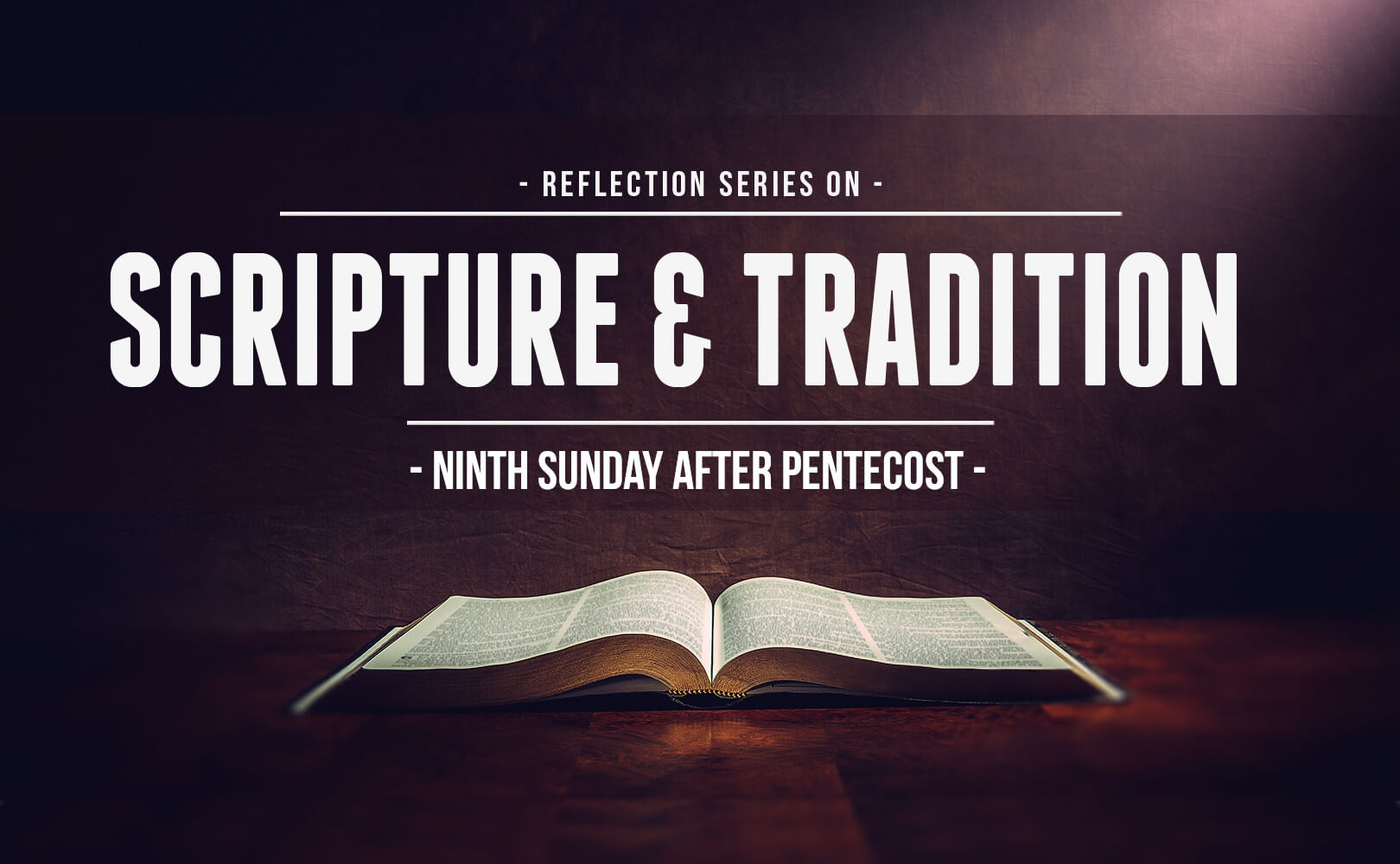Epistle: 1 Corinthians 10:6-13
Gospel: Luke 19:41-47
Let Thy merciful ears, O Lord, be open to the prayers of Thy suppliant people: and that Thou may grant their desire to those that seek, make them to ask such things as shall please Thee.
– From the Collect for the Ninth Sunday after Pentecost
One of the most famous verses in the Bible is 1 John 4:8: “God is love.” However, in recent years this passage has been weaponized against Catholics by accusing those who hold to traditional Catholic doctrine of being unloving. Yet Sunday’s readings give a more clear view of God’s love, which includes a deep hatred of sin.
In Sunday’s Epistle, St. Paul is in the midst of warning the Corinthians against falling into sinful behaviors. He uses Israel’s history to emphasize his point. Even though the Israelites were miraculously saved from destruction and were given manna from heaven to sustain them (cf. 1 Cor 10:1-3), nevertheless with “most of them God was not well pleased: for they were overthrown in the desert” (1 Cor 10:5). Then the Apostle gives specifics: the Israelites were engaging in covetousness, idolatry, fornication, and murmuring (grumbling). Because of this, they were “destroyed by the destroyer” (1 Cor 10:10).
God’s love for His Chosen People is evident throughout the pages of the Old Testament. He continually reaches down to them in His merciful love, leading them for centuries until the time of the coming of His Son, the promised Messiah. Yet throughout salvation history God opposes sin, literally with a vengeance. The very reason the Chosen People needed continual saving was because of the consequences of their continual sins. It would be a mistake to think that God’s mercy toward His People means He excuses their sins.
God’s hatred of sin is also shown in Sunday’s Gospel. When Jesus approaches Jerusalem, Luke tells us that the Lord “wept over it” (Luke 19:41). Our Lord has seen the institutionalized sin of the Israelites, and he knows what will result from it: the complete destruction of Jerusalem in 70 A.D. The Church Fathers often taught that the rejection of Jesus by the Jewish leaders led directly to the fall of Jerusalem by Roman armies, just a generation after the death of the Lord. As for the Israelites of old, there are severe consequences to sin, consequences God doesn’t always prevent. In His permissive will, God will allow evil to befall those who have embraced sin in their lives.
In today’s era where “Love is Love” is code for celebrating sin, and where our culture blames inanimate objects for evil rather than the men who wield them, we face the same destructive consequences that our forefathers did. And of course the worst consequence of embracing sin is eternal destruction in the fires of Hell. As St. John Chrysostom preached, “Paul mentions the end of the ages in order to startle the Corinthians. For the penalties which come then will not have a time limit but will be eternal. Although the punishments in this world end with our present life, those in the next world remain forever” (Homilies on the Epistles of Paul to the Corinthians 23.5).
So we must resist evil at all times, both in our own lives and in our culture. Such a task is humanly impossible, but can be done with the help of God’s grace. As St. Paul writes, “Wherefore he that thinketh himself to stand, let him take heed lest he fall. Let no temptation take hold on you, but such as is human. And God is faithful, who will not suffer you to be tempted above that which you are able: but will make also with temptation issue, that you may be able to bear it” (1 Cor 10:12-13).


